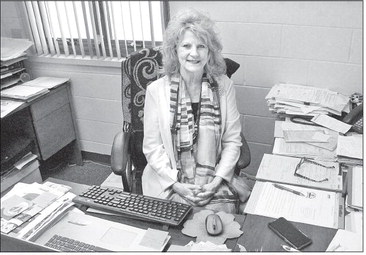FARM C


THE FUTURE OF FARM C OUNTRY Clark County economic director says change is here to stay
Sheila Nyberg is what you might refer to as an ...


THE FUTURE OF FARM C OUNTRY Clark County economic director says change is here to stay
Sheila Nyberg is what you might refer to as an ...